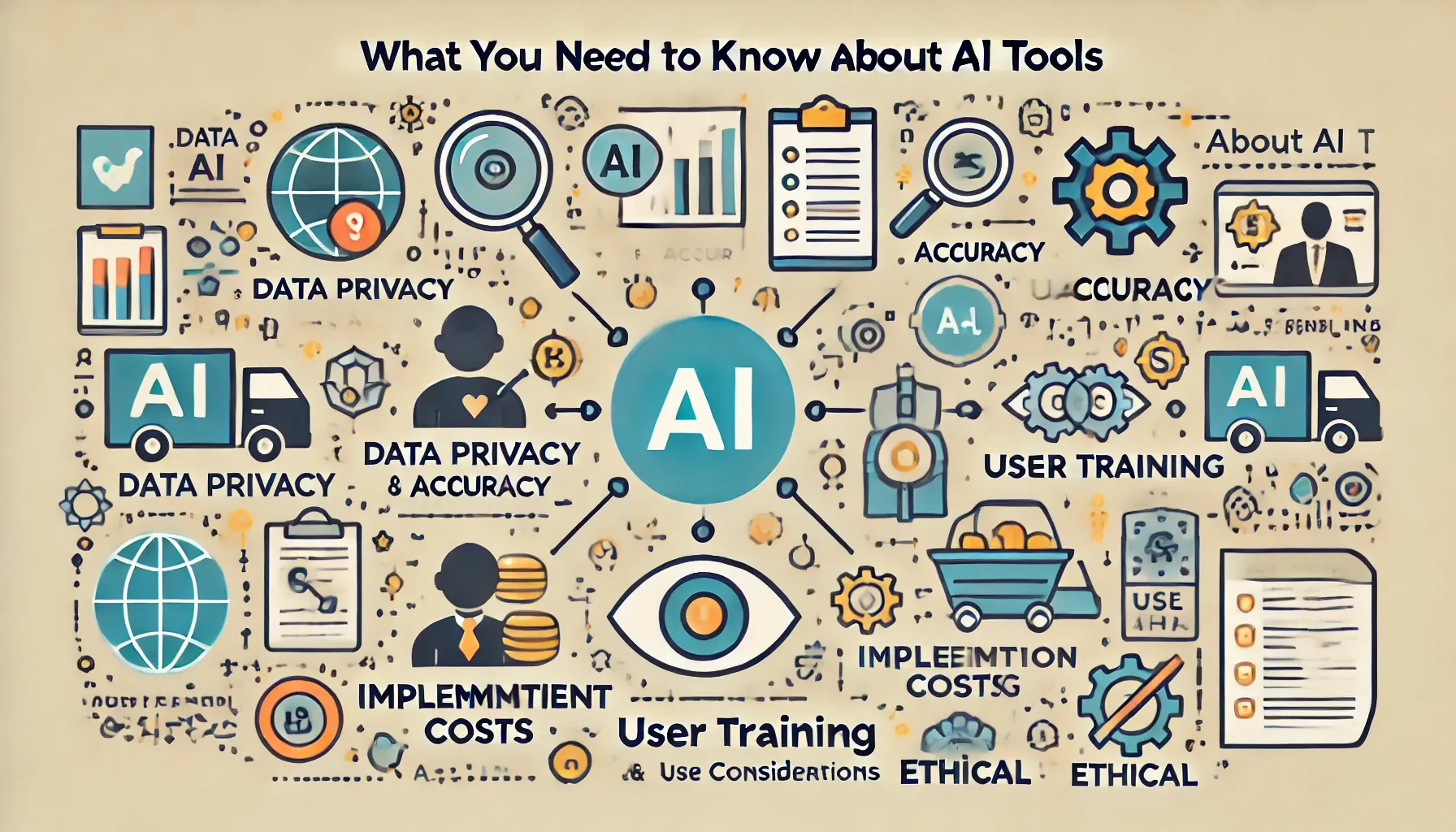AI Tools Transform Agile: Rethinking Ceremonies, Boosting Developer Velocity
AI tools are transforming agile ceremonies, boosting developer velocity, and enabling data-driven decision-making. Learn how AI is revolutionizing project management.

AI Tools Transform Agile: Rethinking Ceremonies, Boosting Developer Velocity
The landscape of software development is rapidly evolving. Artificial intelligence (AI) tools are no longer a futuristic concept; they're actively reshaping how we approach agile project management. While agile methodologies have long been the cornerstone of iterative development, the integration of AI is causing a fundamental shift in the way we conduct and perceive traditional agile ceremonies.
Inefficiency Exposed: Agile Ceremony Bottlenecks
Traditional agile ceremonies, such as daily stand-ups, sprint planning, sprint reviews, and retrospectives, are designed to foster collaboration and transparency. However, in practice, these ceremonies often become time-consuming and inefficient, particularly in large, distributed teams. The daily stand-up, intended to be a brief update on progress, can easily devolve into lengthy discussions that derail developers from their primary tasks. Sprint planning sessions can become bogged down in detailed estimations and task breakdowns, consuming valuable development time. This inefficiency directly impacts developer velocity and project delivery timelines.
Furthermore, the effectiveness of these ceremonies often hinges on the active participation and engagement of all team members. When team members are disengaged or unprepared, the ceremonies become less productive and can even contribute to frustration and burnout. The manual collection and analysis of data for sprint reviews and retrospectives are also time-consuming and prone to bias, limiting the insights gained and hindering continuous improvement.
The Data Deluge: Overwhelmed by Information
Modern software development generates a vast amount of data, from code commits and bug reports to performance metrics and user feedback. Traditional agile ceremonies struggle to effectively process and leverage this data. Sprint reviews often rely on subjective assessments and anecdotal evidence, rather than objective data-driven insights. Retrospectives can become dominated by personal opinions and biases, making it difficult to identify underlying systemic issues. The inability to effectively analyze and interpret this data hinders the team's ability to make informed decisions and continuously improve their processes.
This deluge of data also creates challenges for project managers and scrum masters, who are responsible for tracking progress, identifying risks, and facilitating communication. Manually sifting through data to identify trends and patterns is time-consuming and error-prone. The lack of real-time visibility into project status and potential roadblocks can lead to delays and cost overruns. AI-powered project management tools offer a solution by automating data collection, analysis, and visualization, providing project managers with actionable insights and enabling them to make more informed decisions.
Amplifying Agile: AI-Driven Ceremony Enhancement
AI tools can significantly enhance the effectiveness of agile ceremonies by automating repetitive tasks, providing data-driven insights, and improving communication and collaboration. For instance, AI-powered meeting summarization tools can automatically generate concise summaries of daily stand-ups, sprint planning sessions, and retrospectives, freeing up developers to focus on their primary tasks. These summaries can be shared with team members who were unable to attend the meeting, ensuring that everyone stays informed.
AI-driven analytics tools can analyze code commits, bug reports, and performance metrics to identify potential risks and bottlenecks. These tools can also provide insights into team performance, identifying areas where team members may need additional support. By providing data-driven insights, AI tools can help teams make more informed decisions and continuously improve their processes. Consider how AI-powered task management can predict task completion times based on historical data, leading to more accurate sprint planning.
Streamlining Stand-ups: Intelligent Task Prioritization
Daily stand-ups can be transformed from time-consuming status updates into focused discussions on critical issues. AI-powered tools can automatically identify and prioritize tasks based on their impact on project goals and dependencies. By focusing the stand-up on these critical tasks, teams can quickly identify and address potential roadblocks, ensuring that the project stays on track. GitScrum provides task management features that, when combined with data analysis, can help teams prioritize tasks effectively.
Furthermore, AI-powered communication tools can facilitate asynchronous communication and collaboration, reducing the need for frequent face-to-face meetings. These tools can automatically route messages to the appropriate team members, ensuring that information is delivered to the right people at the right time. This can be particularly beneficial for distributed teams, where time zone differences can make it difficult to schedule meetings.
Data-Informed Retrospectives: Uncovering Hidden Insights
Retrospectives can be made more effective by leveraging AI-driven analytics tools to analyze data from various sources, such as code commits, bug reports, and performance metrics. These tools can identify patterns and trends that might not be apparent through manual analysis, uncovering hidden insights into team performance and identifying areas for improvement. GitScrum can help teams organize and track retrospective action items, ensuring that they are implemented effectively.
For example, AI tools can analyze code commit history to identify areas where code quality is consistently low, suggesting that the team may need to invest in additional training or process improvements. They can also analyze bug reports to identify recurring patterns and root causes, enabling the team to address underlying systemic issues. By providing data-driven insights, AI tools can help teams conduct more effective and objective retrospectives, leading to continuous improvement.
Embrace the Future: Agile Project Management with AI
The integration of AI tools into agile project management is not about replacing human interaction; it's about augmenting human capabilities and streamlining processes. By automating repetitive tasks, providing data-driven insights, and improving communication and collaboration, AI tools can help teams become more efficient, productive, and innovative. Embrace the power of AI to transform your agile ceremonies and unlock the full potential of your development teams. GitScrum provides a platform to organize your project and tasks, facilitating data-driven decision-making and improving team collaboration. Ready to experience the future of agile? Visit GitScrum and start optimizing your workflow today!